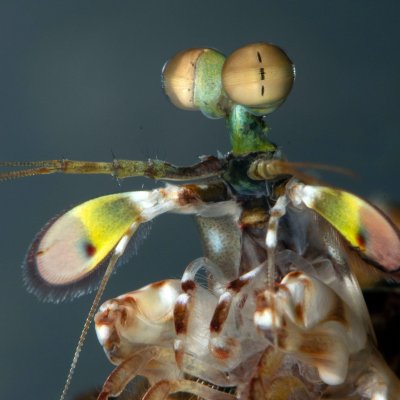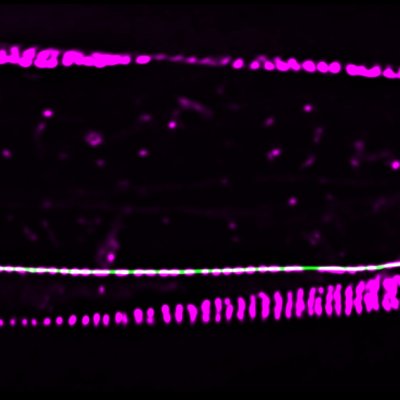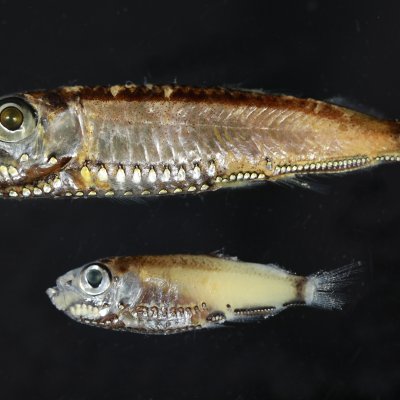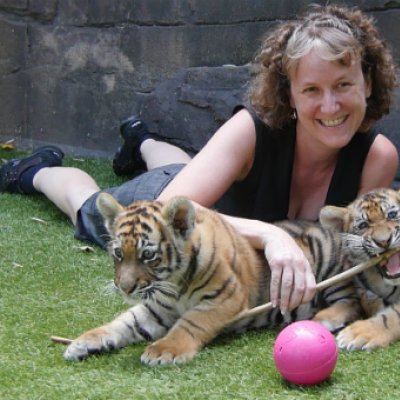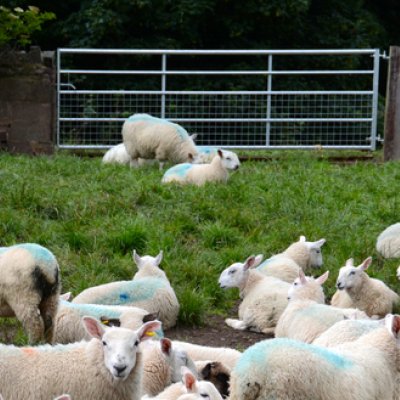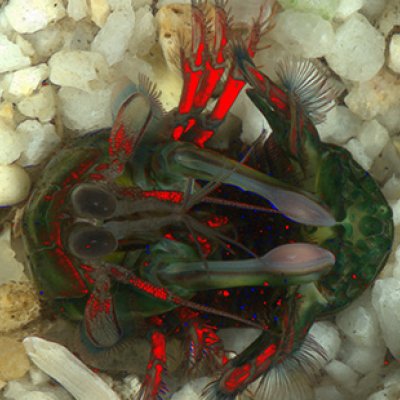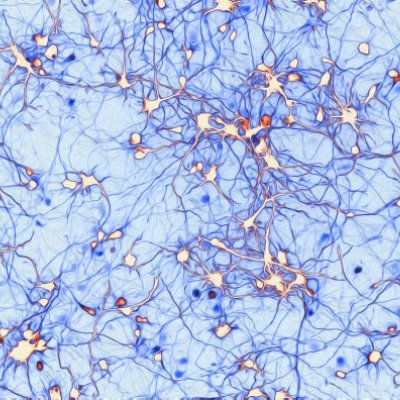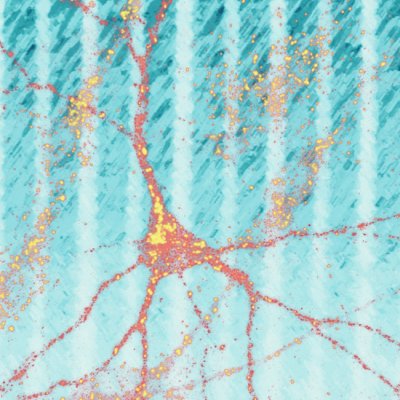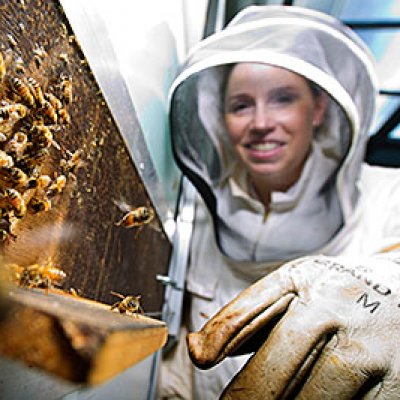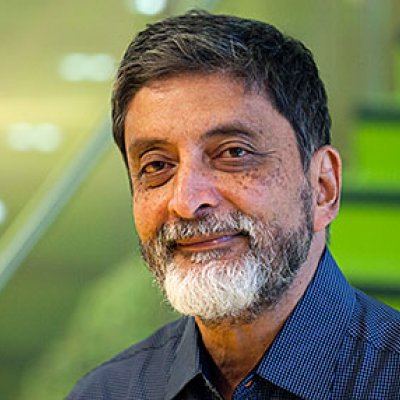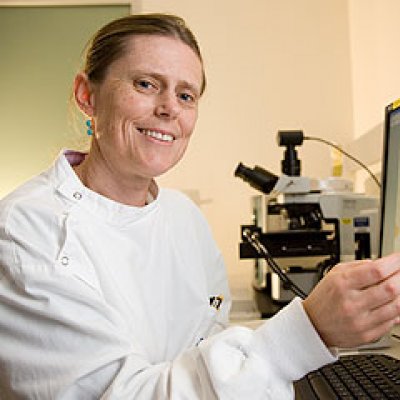Deep brain stimulation has been found to help people with severe obsessive compulsive disorder (OCD) that has not responded to other treatment, in a clinical trial led by University of Queensland researchers.
21 April 2021Genetic variations in the skin can create a natural sunscreen, according to University of Queensland researchers investigating the genes linked with vitamin D.
2 April 2020Pioneering discoveries about the ‘extraordinarily strange’ visual systems of shrimps - that could improve early detection of cancer - have been recognised with an international prize.
23 January 2020A way in which some connections between brain cells can resist degeneration – a hallmark of traumatic brain injuries and neurodegenerative diseases — has been discovered by researchers at The University of Queensland.
16 January 2020A new type of cell has been found in the eye of a deep-sea fish, and scientists say the discovery opens a new world of understanding about vision in a variety of light conditions.
9 November 2017University of Queensland staff, students and alumni are among 30 women selected as Science & Technology Australia’s first Superstars of STEM.
4 July 2017University of Queensland researchers have taken a big step toward understanding the movement of molecules in the human body.
25 August 2016The ocean is lighting up with secret forms of communication between marine animals that may have applications in satellite remote sensing, biomedical imaging, cancer detection and computer data storage, a team of Australian and international...
20 November 2015Nature's beauty has helped a University of Queensland scientist win an artistic prize.
22 September 2015One of the great tussles of science – whether our health is governed by nature or nurture – has been settled, and it is effectively a draw.
19 May 2015New insights into how nerves cells in the brain maintain efficient communication with each other may help offset the effects of Alzheimer’s disease.
6 February 2015University of Queensland scientists have discovered that genes switch off as memories are being formed, allowing for new connections between nerve cells. The discovery could eventually lead to a key for treating conditions such as autism and...
21 November 2014A University of Queensland researcher’s respected career designing unmanned aerial vehicles based on biologically inspired systems has seen him elected onto the Australian Academy of Science Council.
17 November 2014Australia’s first Centre of Research Excellence in Chronic Kidney Disease will be established at The University of Queensland with a $2.5 million grant announced today.
17 October 2014A newly discovered method of identifying the creation of proteins in the body could lead to new insights into how learning and memories are impaired in Alzheimer’s disease.
2 September 2014A study to identify why prolonged sitting could be fatal is one of 16 prestigious national awards and fellowships granted to health and medical researchers at The University of Queensland (UQ).
18 November 2010UQ has received almost $29 million in National Health and Medical Research Council Project Grants - the fourth-largest share of the $447.5 million awarded to institutions across Australia.
12 November 2010
